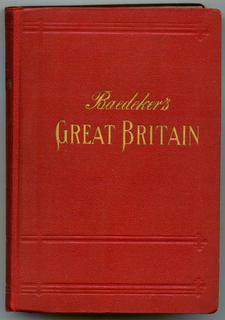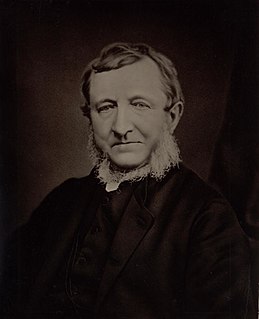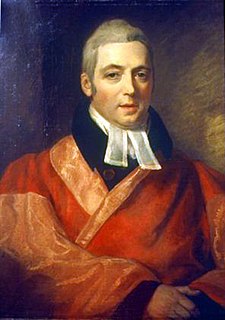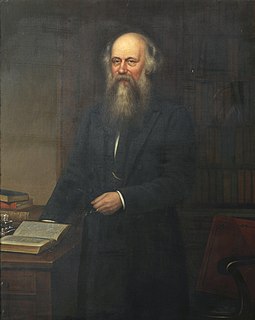Biography
Nicholas was born in a small thatched house near Trefgarn chapel, not far from Solva, Pembrokeshire. He was educated at Lancashire College, Manchester, and at Göttingen in Germany, where he took the degree of PhD. He became a Presbyterian minister, and served at Stroud, Gloucestershire and at Eignbrook, Herefordshire. In 1856, he was appointed professor of biblical literature and mental and moral science at the Presbyterian College at Carmarthen. In 1863 he settled in London, resigning his professorship, and thenceforth, with the aid of Sir Hugh Owen, Lord Aberdare, Archdeacon Griffiths, Rev. David Thomas (editor of the Homilist), and others, he promoted a scheme for the furtherance of higher education in Wales on non-sectarian principles, and became the secretary of the movement. He subsequently disagreed with others of the promoters, and had resigned from the committee before the scheme came to fruition. As a result of these efforts, the University College of Wales was founded in 1872, when a building at Aberystwyth was purchased. Nicholas is said to have secured promises of subscriptions amounting to £14,000. He was one of the governors and drew out a scheme of education. He had made a special study of the educational institutions of France and Germany. He died unmarried at 156 Cromwell Road, London, on 14 May 1879.
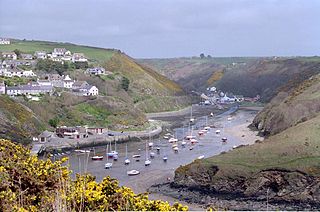
Solva is a village, community and electoral ward in Pembrokeshire, Wales. The village comprises principally Lower Solva and Upper Solva.

The University of Göttingen is a public research university in the city of Göttingen, Germany. Founded in 1734 by George II, King of Great Britain and Elector of Hanover, and starting classes in 1737, the Georgia Augusta was conceived to promote the ideals of the Enlightenment. It is the oldest university in the state of Lower Saxony and the largest in student enrollment, which stands at around 31,500.

Stroud is a market town and civil parish in the centre of Gloucestershire, England. It is the main town in Stroud District.
